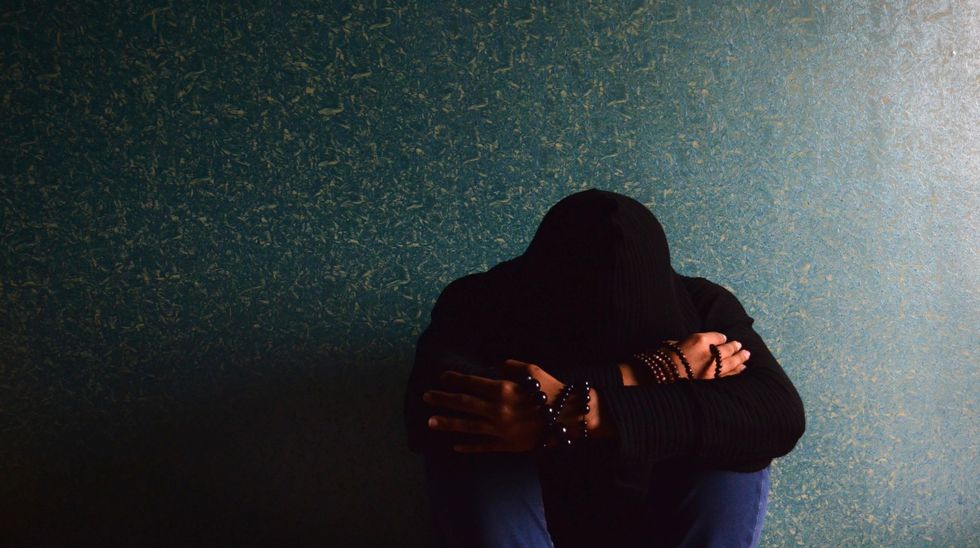It’s exam day, and you wake up in a cold sweat. Shaking it off, you get out of bed, get ready and head to class.
On the way to class, you feel a little short of breath and attribute it to the heat and the long walk.
When the exam is placed in front of you, you immediately start having chest pain.
Sound familiar?
This is anxiety.
40 million adults have some form of an anxiety disorder, so why is it still considered taboo to talk about it?
When Googling ‘mental illness is,’ these are the first four responses.
Mental illness is real.
Mental illness is fake.
Mental illness is not an excuse.
Mental illness is not real.
What does that say about us?
Some claim that mental illness does not even exist.
Tell that to my bipolar father.
You can’t because he committed suicide in December.
We cannot invalidate anybody’s experiences. Any mental illness--anxiety, depression, OCD, PTSD, bipolar disorder, eating disorders, schizophrenia and dozens of others are all valid. Some people respond better to medication than others. Some disorders respond better to talk therapy than others.
You would never tell ask a diabetic person to suck it up, would you?
Mental illness is not a choice.
The stigma behind mental illness is lessening every day, but we’re still lightyears away from truly accepting mental health as important. Plenty of things have gone down — teen pregnancy rates, tobacco use in both adults and teens.
But suicide rates have been increasing over the last 15 years, and it is the second leading cause of death for young adults.
Why, and what can we do?
Open up the conversation. Let your friends and family know that it is OK to talk about their feelings. Watch out for the warning signs.
And most importantly, don’t stop talking about it.























